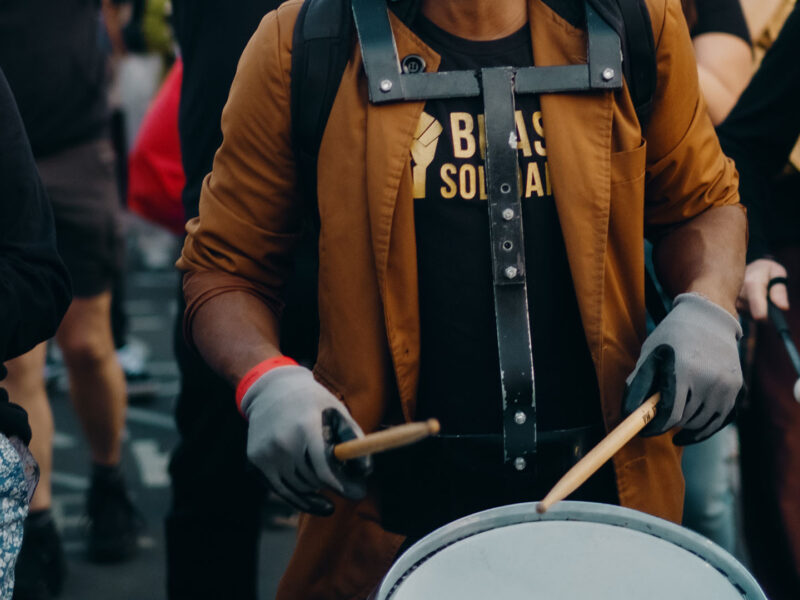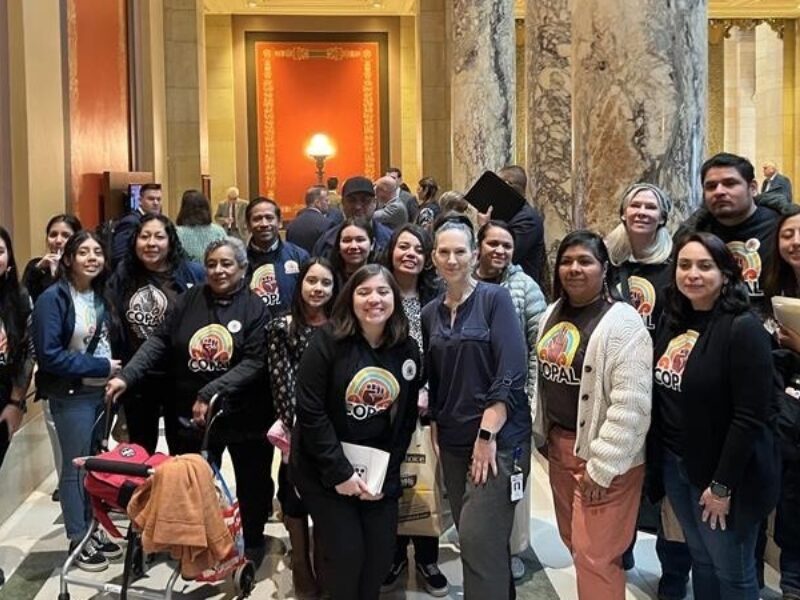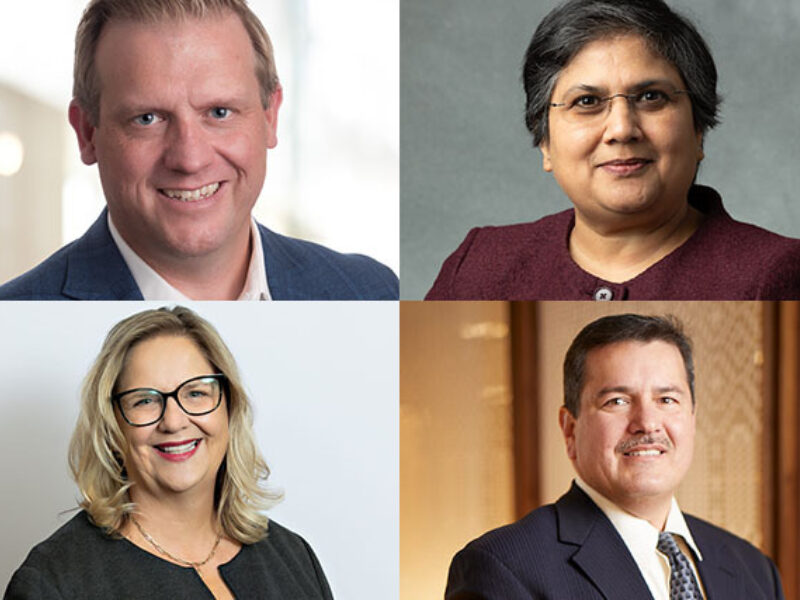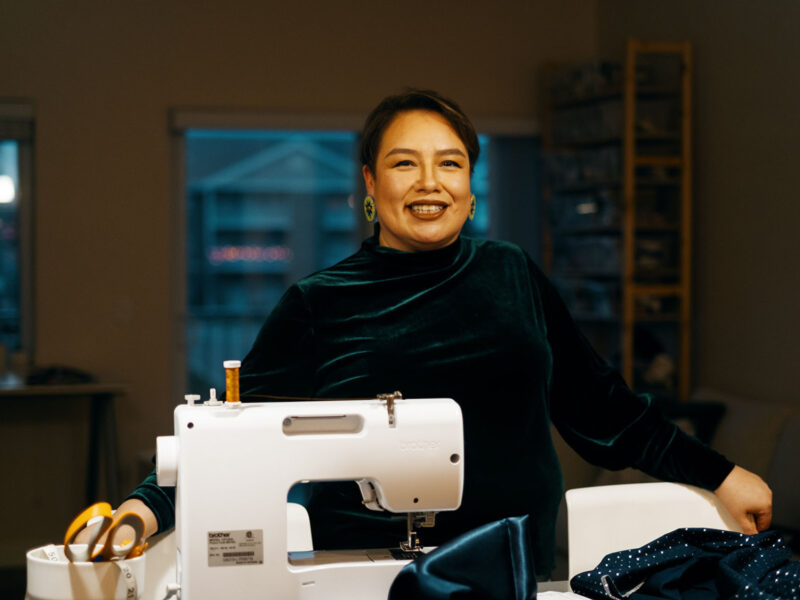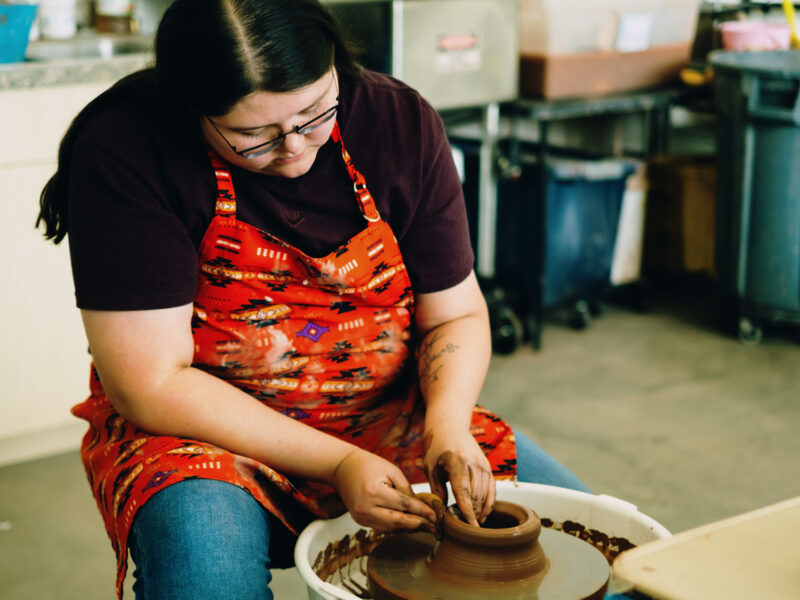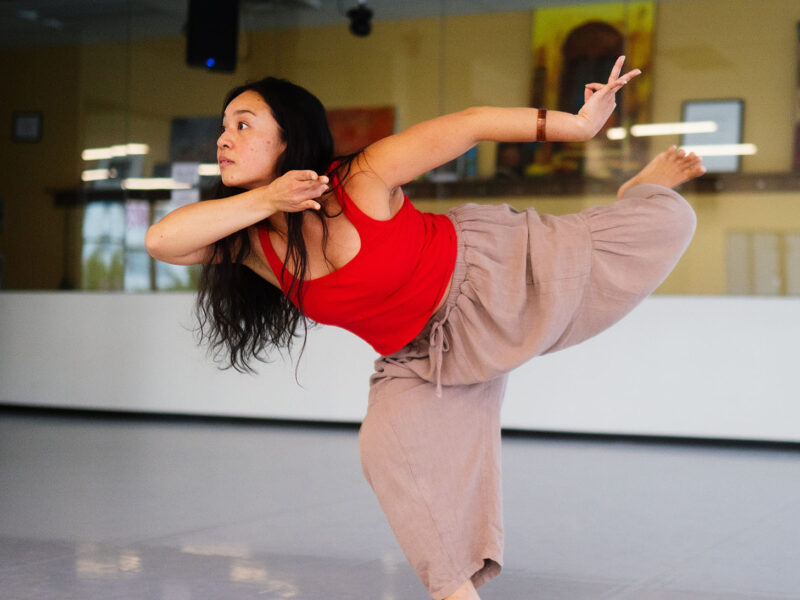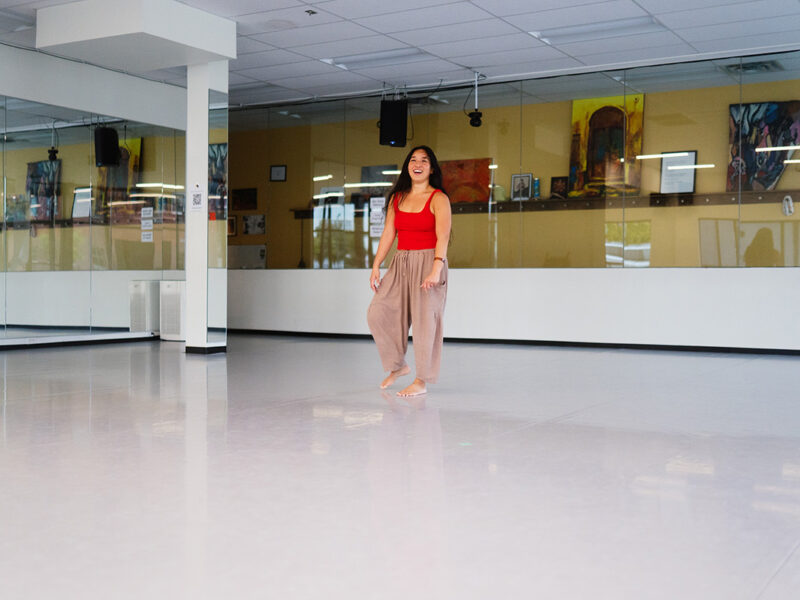Nausheena Hussain, executive director of RISE, shares why voting matters.

Ed. Note - The Foundation occasionally offers this platform for nonprofit leaders to share their thoughts on current events. This is a guest blog post written by Nausheena Hussain, executive director of Reviving the Islamic Sisterhood for Empowerment (RISE). To learn more about RISE and their work in our community, visit their website.
By Nausheena Hussain
In 2018, I stood up at Brooklyn Park’s City Council meeting and addressed a room full of elected officials, city staff and fellow residents about a discriminatory catering policy at the Community Activity Center (CAC). CAC has several banquet facilities to host weddings, social events and family gatherings. Except that it only allowed you to select a caterer from their “preferred catering” list. This list had four caterers, none of which provided ethnic food of my people. And not just my people. Brooklyn Park is 51% Black, Indigenous and People of Color from a spectrum of ethnicities and cultures, including Indian, Pakistani, Bangladeshi, Arab, Hmong, Nigerian and Liberian, to name a few. Obviously, the catering policy did not reflect the “community” in CAC’s name.
When I looked across the Brooklyn Park City Council’s roster, I saw Councilwoman Susan Pha was the only woman of color on our all-white council. She was elected in 2016, a year when many of us felt the pain of bigotry, racism and hate that laid dormant until its awakening on a high-profile platform during the presidential election. The catering policy bubbled up to City Council to review, and it was Councilwoman Pha who stepped up and took it on. She gathered residents to review the policy, visited the kitchen, and toured the banquet facilities. Councilwoman Pha gathered input from her constituents and brought her observations to the rest of her colleagues. She also invited us to attend the next City Council meeting, to share our experiences and suggest how to improve the policy to make it more inclusive.
As I stood at the podium, I shared how I left Brooklyn Park several times to host family events because I wanted to serve biryani and samosas to my guests. I spoke about how the Muslim community also chose other venues to host Ramadan dinners and celebrations because the current caterers charged more money per person to cater in halal meat — a policy that resulted in economic discrimination. Not to mention the fact that the City was losing revenue when we sought out alternative spaces. I had brought up all of these points to the city staff four years ago, and I was told then that these contracts were in place until 2018 for liability reasons.
As I shared my story, I felt myself reclaiming my voice and my power and that change was going to be coming.
More neighbors spoke out before me and after me. And by the end of the night, city staff knew what type of changes they needed to make to the policy. One month later, they proposed a new inclusive catering policy to the City Council which passed unanimously.
All politics are local politics.
All politics are local politics. Policies like a catering policy start at the local level, in your city, and bubble up to the national platform. Often, technicalities behind rules around hygiene or licenses are red herrings for discrimination. They send the message that you don’t belong here. And when you challenge those policies, they can fall on deaf ears of leadership that is not reflective of its community.
However, when we vote for candidates who care about the issues we care about, who are understanding and empathetic, who represent all of us and not just some of us, who are willing to change policies to be more equitable and inclusive, things do change. If no one showed up to vote for and elect Councilwoman Pha or at the City Council meeting to speak out against the catering policy, that policy may have never changed. The diverse residents of Brooklyn Park would continue to have felt othered and as if they didn’t belong. However, that night at the City Council meeting, I felt Councilwoman Pha gave me and many other residents a voice and the power to create change.
This is why I’m voting. I believe that city elections are important and impact my everyday life. Vote for your mayor. Vote for your city council. Vote for your school board. Your voice matters. Your vote matters.



